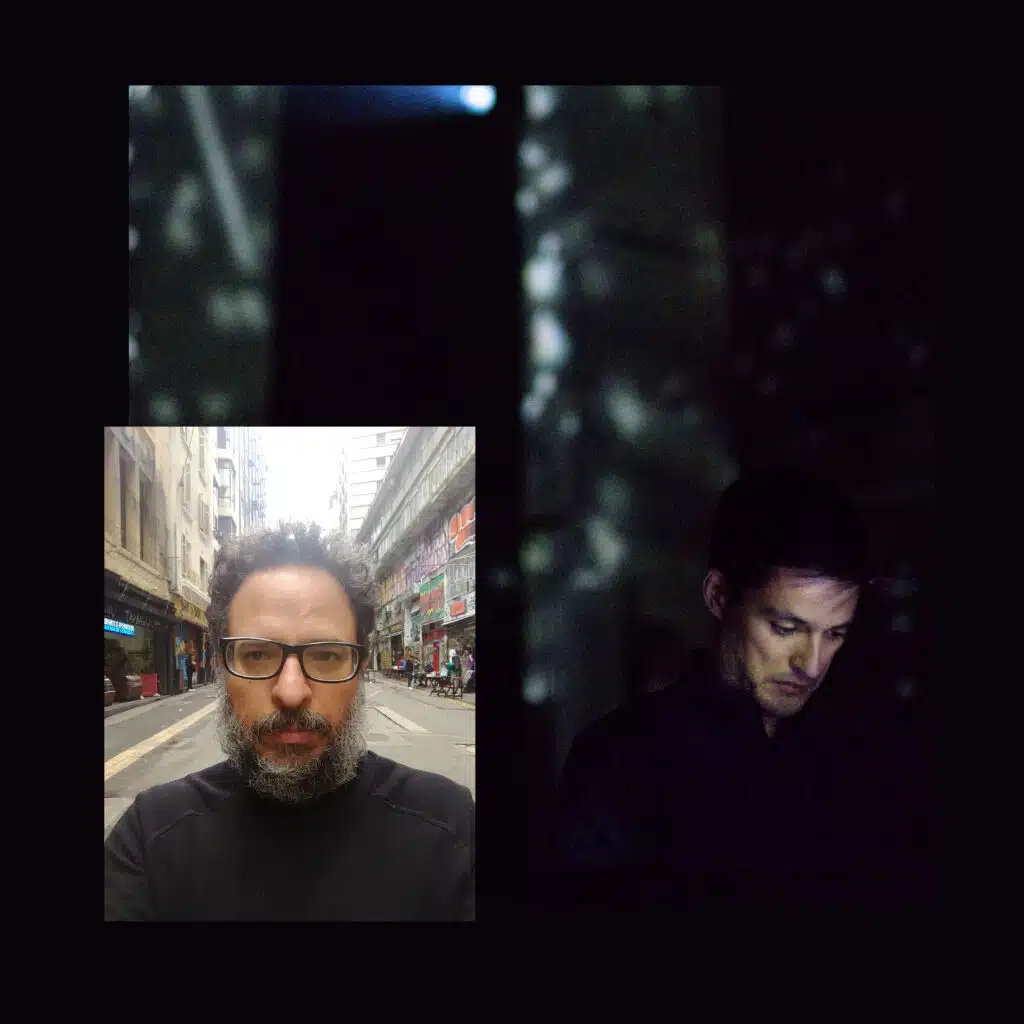SuperCollider is an open source tool for sound synthesis and algorithmic composition. It is used for composition, generative music, installations, live coding, instrument building and very many other things. It is one of the most popular and widely used programming environments for audio work and is available for free for all platforms.
SuperCollider is useful for many things: algorithmic composition, generative music, live coding performances, in conjunction with microcontrollers and sensors, for installation work, multi-channel work, dsp, research, ambisonics or simply audio hacking.
At these online meetups, SuperCollider users of all skill levels come together to share ideas, frustrations, help each other and showcase projects and workflows in an inspiring and friendly way.
The host:
The SuperCollider meetups are led by Mike McCormick. Mike McCormick is an artist and programmer working with sound, text and visual media. His work often combines algorithms and human performers. He works extensively with personal material, examining life through a voyeuristic lens to explore the ecstatic, the fragile and the banal. He grew up in Canada's subarctic region, lived nomadically for a decade, and has been based in Oslo since 2017.
Meeting ID: 974 3258 0111
Link: https://zoom.us/j/97432580111
Programme 02.04.2025
Sergio Luque is a composer of instrumental and electroacoustic music, and a researcher in computer music. He lives in Madrid, where he directs the Master’s program in Electroacoustic Composition at the Katarina Gurska Higher Education Center and curates the VANG new music festival at the Cybele Palace. He is also a guest lecturer at the Royal Conservatoire in The Hague.
He holds a PhD in Musical Composition from the University of Birmingham. His research focused on extending Iannis Xenakis's stochastic synthesis, developing methods for algorithmic composition, and implementing the BEASTmulch software - a tool designed for presenting electroacoustic music in multichannel systems. He earned a Master’s degree with distinction in Sonology from the Royal Conservatoire in The Hague and a Master’s in Composition from the Rotterdam Conservatoire.
"SuperCollider has been integral to my work for over 25 years, and I have been teaching it since 2004. I use it to compose instrumental and electroacoustic music with the help of stochastic and deterministic algorithms. In this presentation, I will talk about my experience with SuperCollider, how I use it in my work, and share sound examples. In my instrumental music, I explore chords with intervallic relationships at both ends of the consonance/dissonance continuum, combinations of pitches with internal consonances and interferences. These chords, their connections, and their unfolding over time are created using algorithmic methods in SuperCollider, guided by an intuitive, ear-driven process. For my electroacoustic pieces, I employ non-standard synthesis techniques, primarily based on my extensions to Xenakis’s stochastic algorithms, which I have been developing for over 20 years in SuperCollider and C."
www.sergioluque.com
soundcloud.com/sergioluque
Gil Fuser is an artist exploring the intersection of art and technology, crafting open-ended meanings. His work blends sensors, cameras, everyday objects, discarded materials, plants, fungi, and computers running open-source and custom software. He creates generative and live-coded music and visuals for solo and collaborative performances, along with interactive objects, instruments, and installations. visuals for own and collaborative projects, as well as interactive objects, instruments and installations.
From 2014 to 2017, he studied Generative Art / Computational Art at UdK (Berlin University of the Arts) in Germany. Based in São Paulo, he collaborates with artists worldwide and engages with local and online communities focused on livecoding and generative art, including Algorave Brasil and Roda de Código.
I'll share how SuperCollider has been my primary tool and medium for the past ten years. I'll discuss fostering the art collective and study group, Roda de Código, in São Paulo, focusing on livecoding and generative art, and how to introduce SuperCollider in that context. We'll explore projects such as the Band of Plants, which translates plant stimuli into sound, and the Algomagical Box of Follies, designed to recombine rhythms inspired by Brazilian folk festivities. Additionally, I'll discuss the Maritrola, a gadget merging functionalities of a mixer, turntable, and music selector for children experiment scratching. We'll also delve into Active Listening, an audio-visual instrument developed for deaf students to facilitate musical engagement through visual feedback and gestural interactions. Furthermore, I'll present Liebesbrunnen, an audiovisual instrument that shows how love looks and sounds inside of us. Most of those works can be found in http://gilfuser.net.
